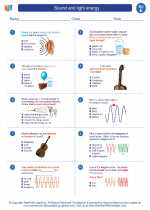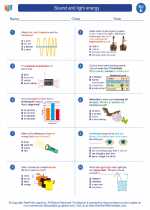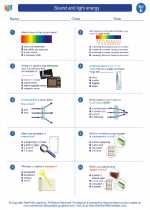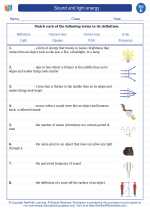Sound and light energy -> metallic material
Characteristics of Metallic Materials
1. Conductivity
Metals are good conductors of heat and electricity. This is due to the free movement of electrons within the metal structure, allowing for the easy transfer of energy.
2. Malleability
Metals can be pounded or pressed into various shapes without breaking. This property allows for the shaping of metals into different forms, such as sheets and wires.
3. Ductility
Metals can be drawn into thin wires without breaking. This property is essential for applications such as electrical wiring.
4. Luster
Metals have a shiny appearance due to their ability to reflect light. This property makes them visually appealing and useful for decorative purposes.
5. Strength
Metals are generally strong and able to withstand heavy loads and forces. This property makes them suitable for structural applications.
6. Corrosion Resistance
Some metals have a natural resistance to corrosion, making them ideal for use in outdoor or harsh environments. Examples include stainless steel and aluminum.
Common Metallic Materials
1. Iron
Iron is a widely used metal in various applications, including construction, manufacturing, and transportation. It is often alloyed with other elements to enhance its properties.
2. Aluminum
Aluminum is lightweight, corrosion-resistant, and has good thermal and electrical conductivity. It is used in a wide range of products, from beverage cans to aircraft components.
3. Copper
Copper is valued for its excellent electrical conductivity and is commonly used in electrical wiring, plumbing, and electronics.
4. Steel
Steel is an alloy of iron and carbon, often with other elements added to enhance its properties. It is a versatile and widely used material in construction, machinery, and transportation.
5. Gold and Silver
These precious metals are known for their beauty, malleability, and corrosion resistance. They are used in jewelry, currency, and decorative applications.
Applications of Metallic Materials
1. Construction
Metals are used in building structures, bridges, and infrastructure due to their strength and durability.
2. Transportation
Metals are used in vehicles, aircraft, and ships for their strength-to-weight ratio and resistance to impact and fatigue.
3. Electrical and Electronics
Metals are essential in wiring, circuitry, and electronic components due to their conductivity and reliability.
4. Manufacturing
Metals are used in a wide range of manufacturing processes, including machining, casting, and forming of parts and products.
5. Packaging
Metals such as aluminum and tin are used in food and beverage packaging due to their ability to protect the contents from contamination and spoilage.
[Metallic Material] Related Worksheets and Study Guides:
.◂Science Worksheets and Study Guides Fifth Grade. Sound and light energy

 Activity Lesson
Activity Lesson
 Worksheet/Answer key
Worksheet/Answer key
 Worksheet/Answer key
Worksheet/Answer key
 Worksheet/Answer key
Worksheet/Answer key
 Worksheet/Answer key
Worksheet/Answer key
 Vocabulary/Answer key
Vocabulary/Answer key
 Vocabulary/Answer key
Vocabulary/Answer key
